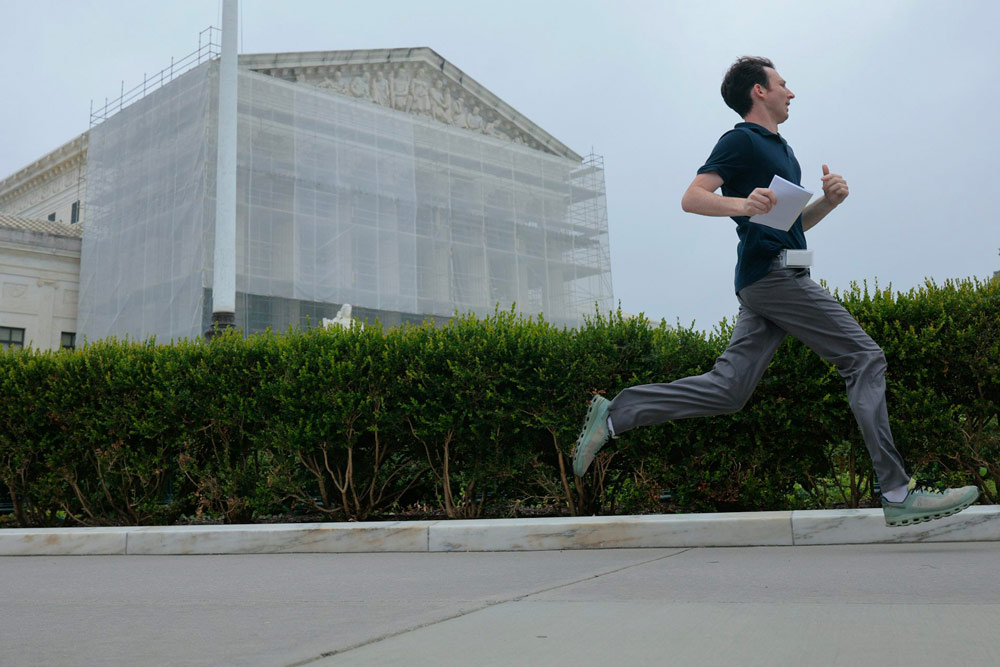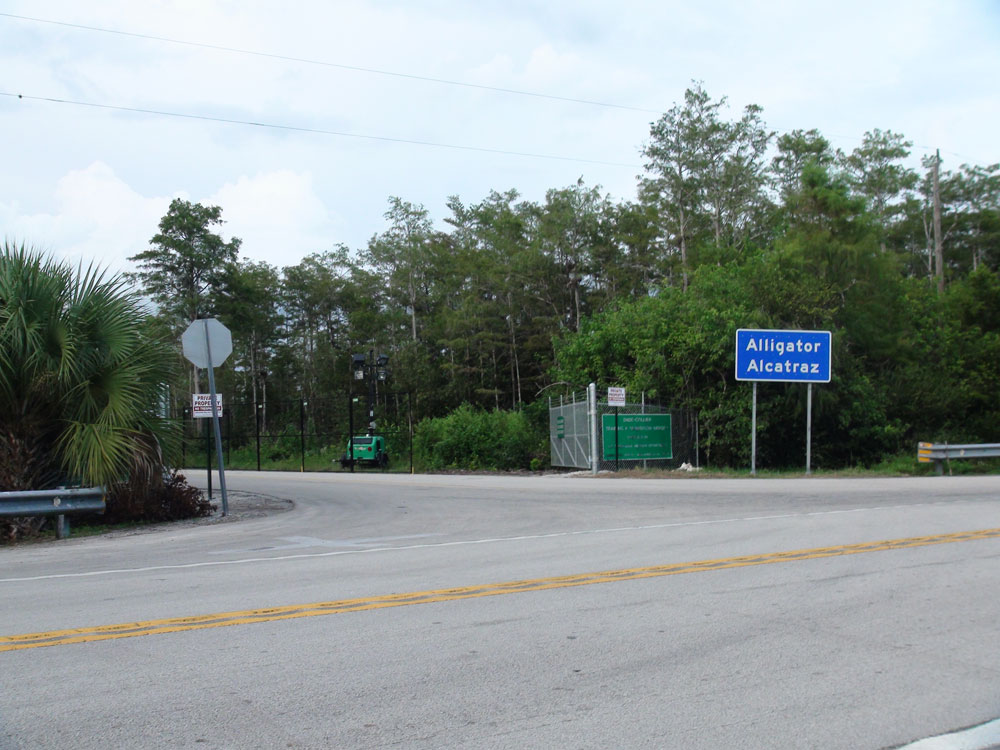By Robertson, Cassandra Burke
Presidents have frequently encountered an obstacle when attempting to implement significant reforms through executive orders: a single federal judge, whether based in Miami, Seattle, or somewhere in between, might halt these programs nationwide.
However, the Supreme Court severely curtailed this judicial authority on June 27, 2025. A 6-3 majority decided in Trump v. CASA Inc. that federal courts probably don’t have the power to impose nationwide injunctions that stop government actions. According to the decision, federal judges will often only be able to prevent policies from being implemented going forward against the particular plaintiffs who brought the case, not against the entire nation.
A case contesting President Trump’s unilateral order to terminate birthright citizenship led to the decision. However, the Supreme Court permitted the program to proceed against anyone who isn’t a named plaintiff in the litigation, even though three federal courts around the country had banned it. This establishes a legal framework in which a government policy may be implemented against certain individuals while blocking it for others.
Importantly, the court’s ruling was based on its interpretation of the Judiciary Act of 1789 rather than the Constitution, which meant that Congress might reinstate this judicial authority by enacting new laws.
What are these directives, though, and why are they important to regular Americans?
Immediate, irreparable harm
Affected parties have the right to file a lawsuit in federal court to overturn government policies that may be unconstitutional or illegal. As these cases progress through the legal system, which frequently takes years, judges have the authority to temporarily halt the program with what are known as preliminary injunctions if they believe it could result in immediate, irreversible harm.
A nationwide injunction, sometimes known as a universal injunction, goes one step further by halting the policy for all citizens of the nation, not just the plaintiffs.
Crucially, these injunctions are intended to be short-term. They only maintain the status quo until the courts have had a chance to thoroughly consider the case’s merits. However, in reality, litigation moves so slowly that executive acts that the courts have stopped frequently come to an end when future governments decide to reject the policy.
More executive orders, more injunctions
Although nationwide injunctions are not new, they have recently become more controversial due to a number of factors.
First, presidents now depend more on executive orders to accomplish meaningful goals since a deeply divided and split Congress rarely passes significant legislation. This gives people additional chances to contest presidential actions in court.
Secondly, attorneys who wish to contest these orders perform better when they file cases in areas where they are more likely to find judges who share their client’s opinions.
Third, as political polarization increased, both parties applied these directives more forcefully whenever the opposing party held the White House.
Affecting real people
Millions of Americans suffer real repercussions from these court battles.
Consider DACA, the popular term for the program that shields roughly 500,000 young immigrants from deportation. The program was originally known as Deferred Action for Childhood Arrivals. These young immigrants, referred to as Dreamers, have been in a state of perpetual uncertainty for almost a decade.
This is due to the fact that a Texas judge stopped President Barack Obama’s 2012 creation of DACA with a national injunction when he attempted to expand it through an executive order in 2015. Judges in California, New York, and Washington, D.C., stopped Trump’s attempt to terminate DACA. Under President Joe Biden, the program and the legal challenges to it persisted. The constitutionality of the DACA program is currently a recurring legal challenge for the second Trump administration.
More recently, a number of Trump measures have been blocked by judges using countrywide injunctions.The Supreme Court limited the scope of injunctions after three courts blocked the president’s attempt to deny citizenship to children born to mothers who did not have legal permanent residency in the United States. Judges have also temporarily blocked Trump’s attempts to restrict certain federal funding for various programs and to exclude transgender individuals from serving in the military.
Additionally, nationwide injunctions have prevented Congress from passing legislation.
By mandating companies to reveal their true owners to the government, the Corporate Transparency Act, which was passed in 2021 and was initially set to take effect in 2024, fights financial crimes. After gun retailers contested the regulation, a Texas judge stopped it in 2024.
The Supreme Court let the rule to go into effect in early 2025, but the Trump administration declared it would not enforce it, demonstrating how these court cases may turn into contests for political dominance.
A ruling that Congress could change
The legal basis for the Supreme Court’s ruling in Trump v. CASA was relatively limited. The court made it clear that it had no opinion on the Government’s claim that Article III precludes universal redress and that its decision was based only on the legislative authority granted to federal courts by the Judiciary Act of 1789.
This distinction is quite important. Congress has the authority to reverse the decision by enacting new legislation that gives federal judges the authority to issue worldwide injunctions because the court’s decision was based on the interpretation of a congressional statute rather than the Constitution itself.
Justice Amy Coney Barrett, who authored the majority opinion for the Supreme Court, stressed that universal injunctions probably go beyond the equitable authority that Congress has given federal courts under the Judiciary Act of 1789. The court concluded that there is insufficient historical precedence for these injunctions under conventional equity practice.
The three judges who dissented, however, were adamantly opposed. Joined by Justices Elena Kagan and Ketanji Brown Jackson, Justice Sonia Sotomayor emphasized the significance of birthright citizenship while stating that the Order has been declared blatantly unlawful by every court that has reviewed it.
According to the dissent, the government chooses to try its hand at a different game instead. It requests that this Court rule that courts cannot simply order the Executive to cease enforcing a law or policy against anyone, regardless of how unlawful it may be.
Legislative solutions on the table
Legislation to restrict judges’ power to issue worldwide injunctions was already being considered by Congress.
Requiring a three-judge panel to hear instances involving countrywide injunctions and at least two of them to concur would be another method to allay worries about a single judge obstructing government activity. Courts’ handling of significant civil rights lawsuits in the 1950s and 1960s is comparable to this.
Three judges working together, according to my research on the subject, would be less likely to render politicized rulings while yet having the ability to defend constitutional rights when called for. Additionally, compared to decades past, modern technology makes it easier for judges in distant places to collaborate.
What comes next
The ball is now in Congress’ court after the Supreme Court restricted judges’ authority to issue nationwide injunctions based on an outdated legislation. Lawmakers could decide to maintain the current restrictions in place, further restrict it, or restore this judicial jurisdiction with new laws.
Until Congress takes action, the legal environment has changed significantly.
Many Americans may not be immediately protected from practices that judges find violate the Constitution if challenges to presidential actions in the future require either onerous class action lawsuits or a patchwork of individual cases. However, unlike a constitutional decision, Congress has the power to alter this result, therefore it is not final.
![]()
Cassandra Burke Robertson is a law professor at Case Western Reserve University who also serves as the director of the Center for Professional Ethics.







